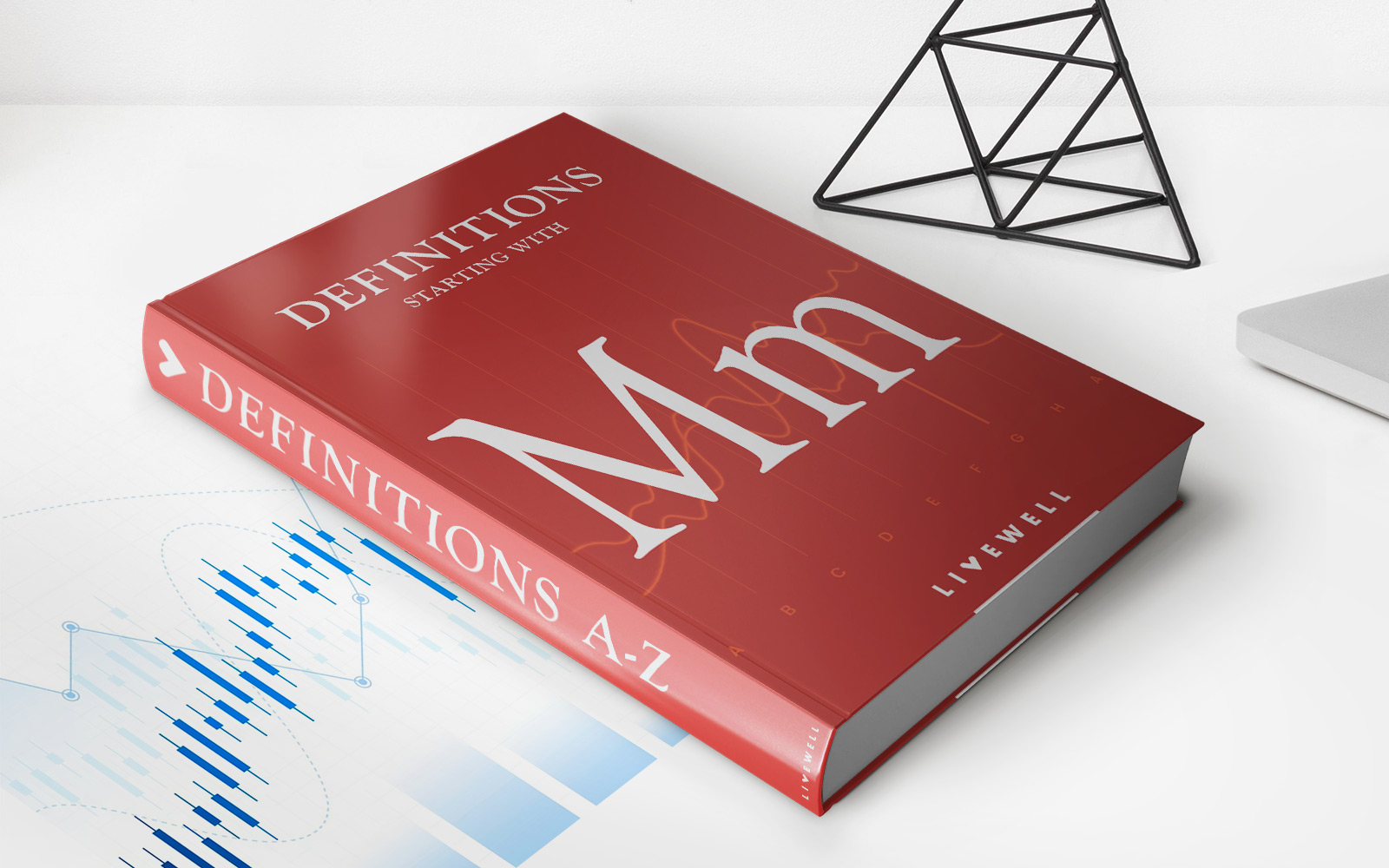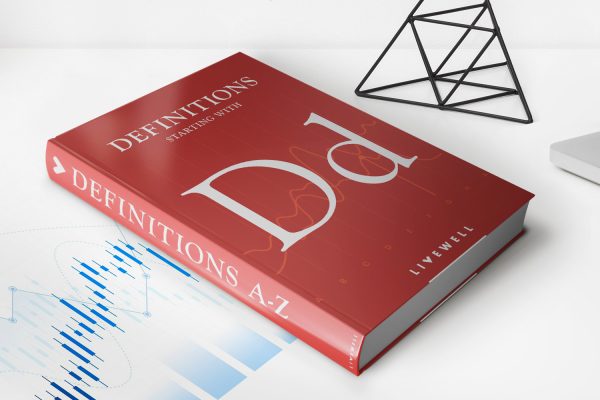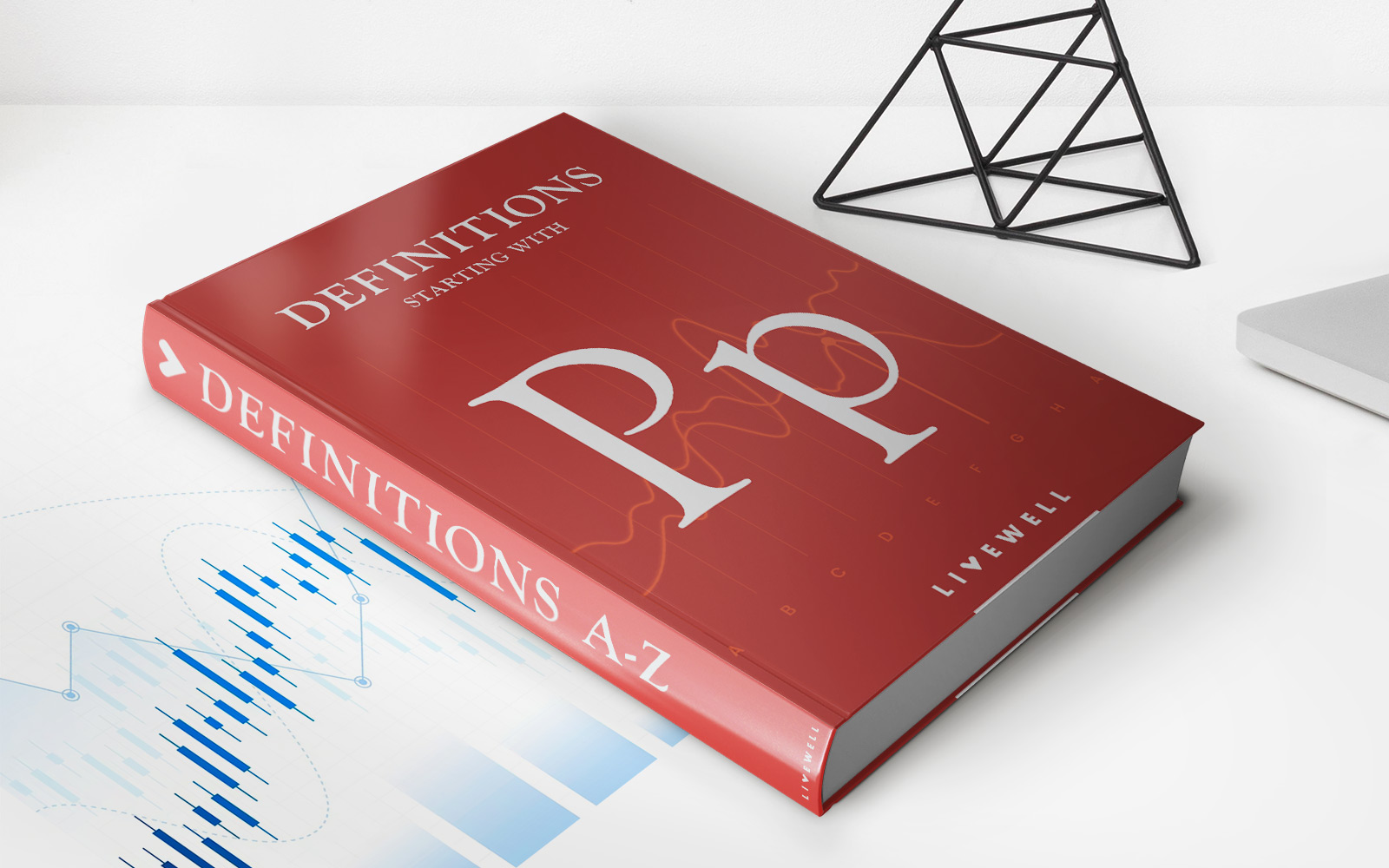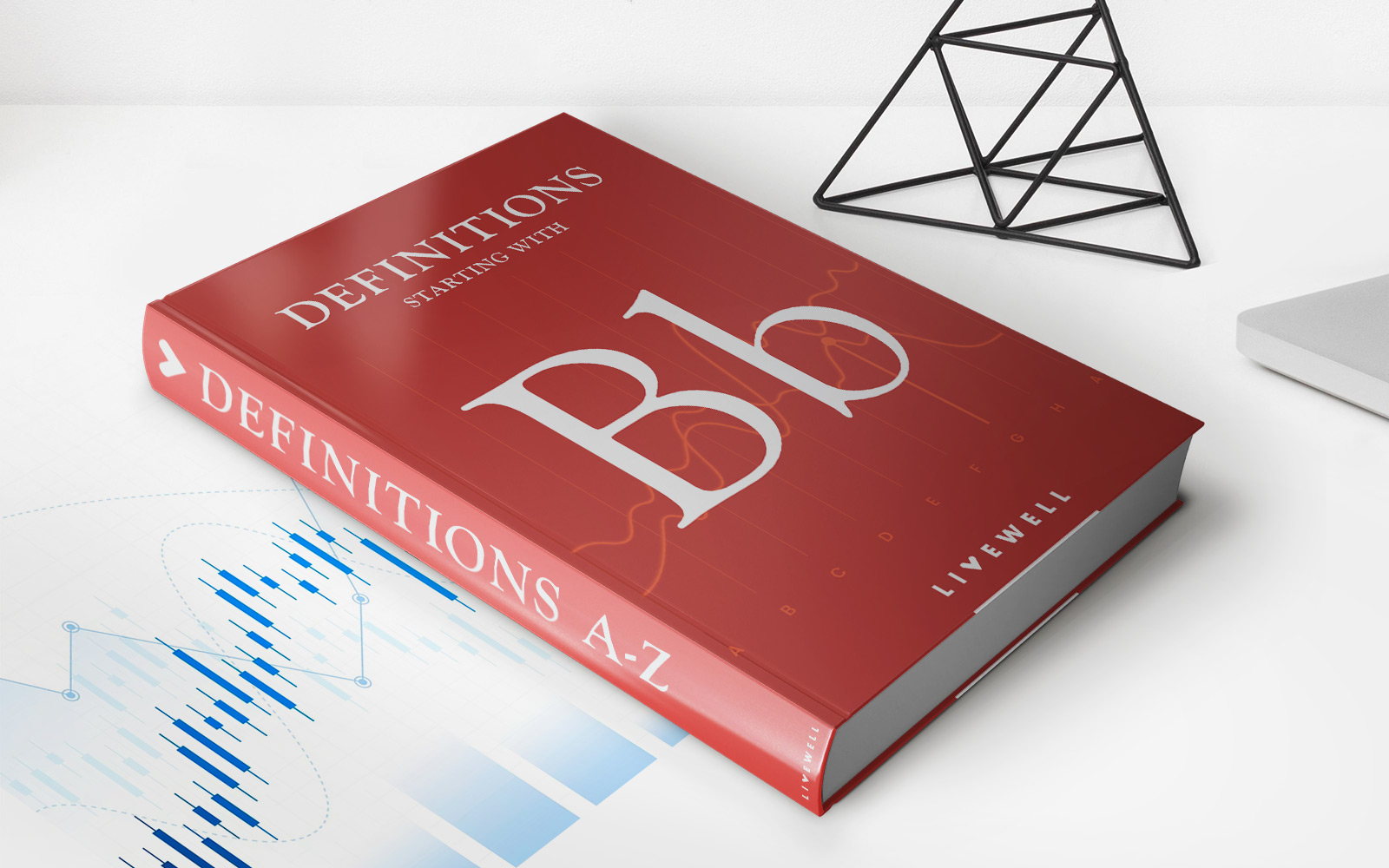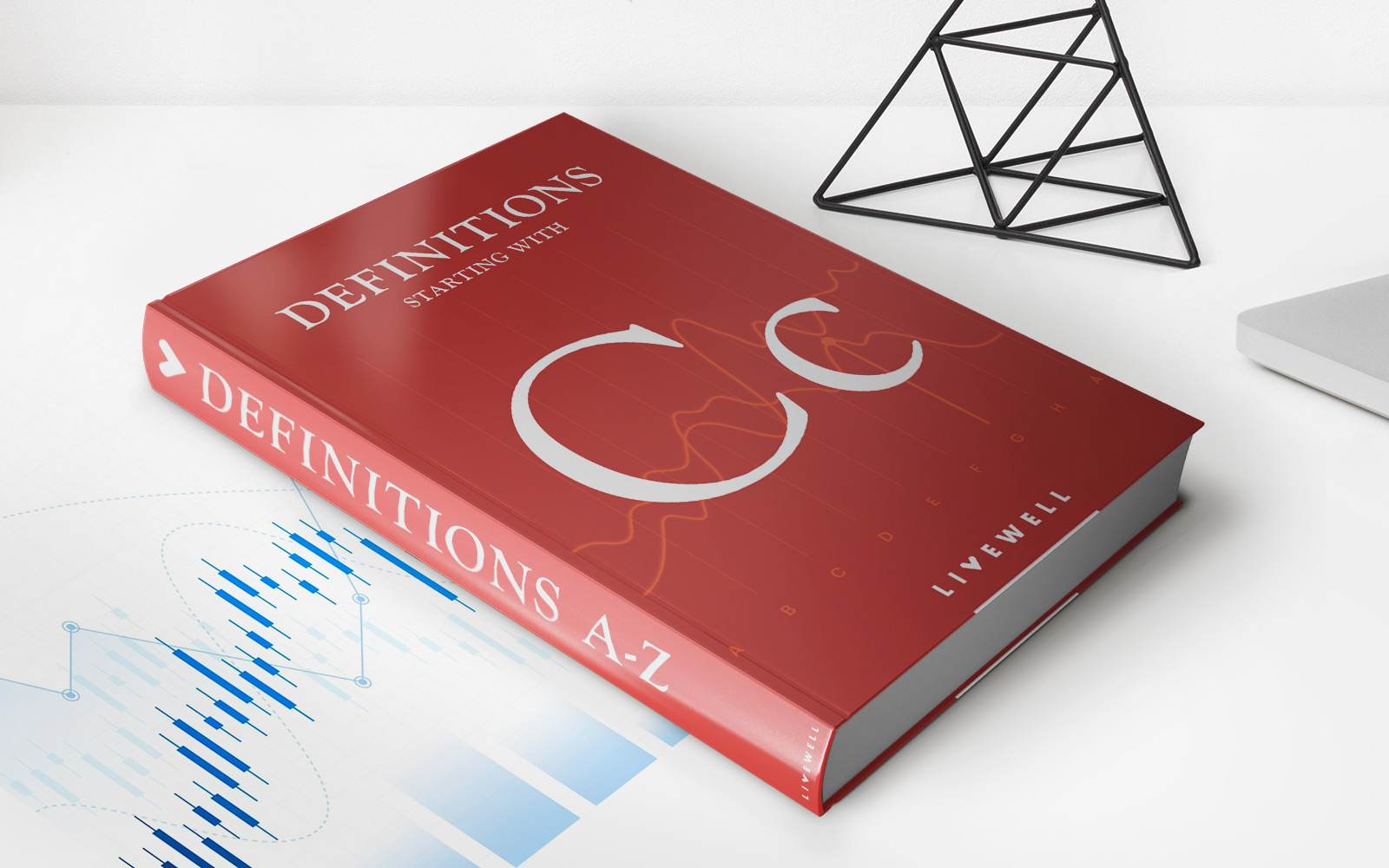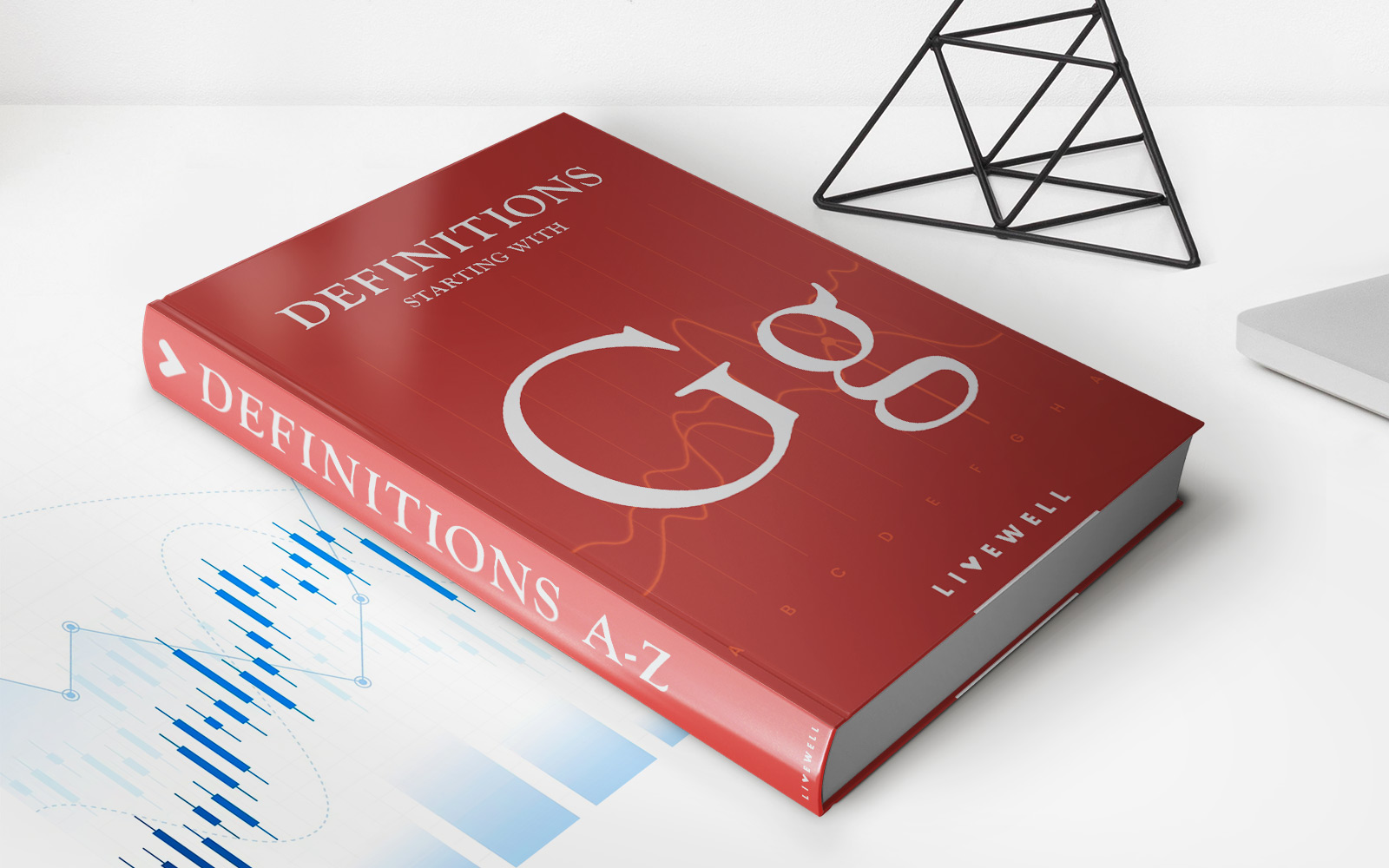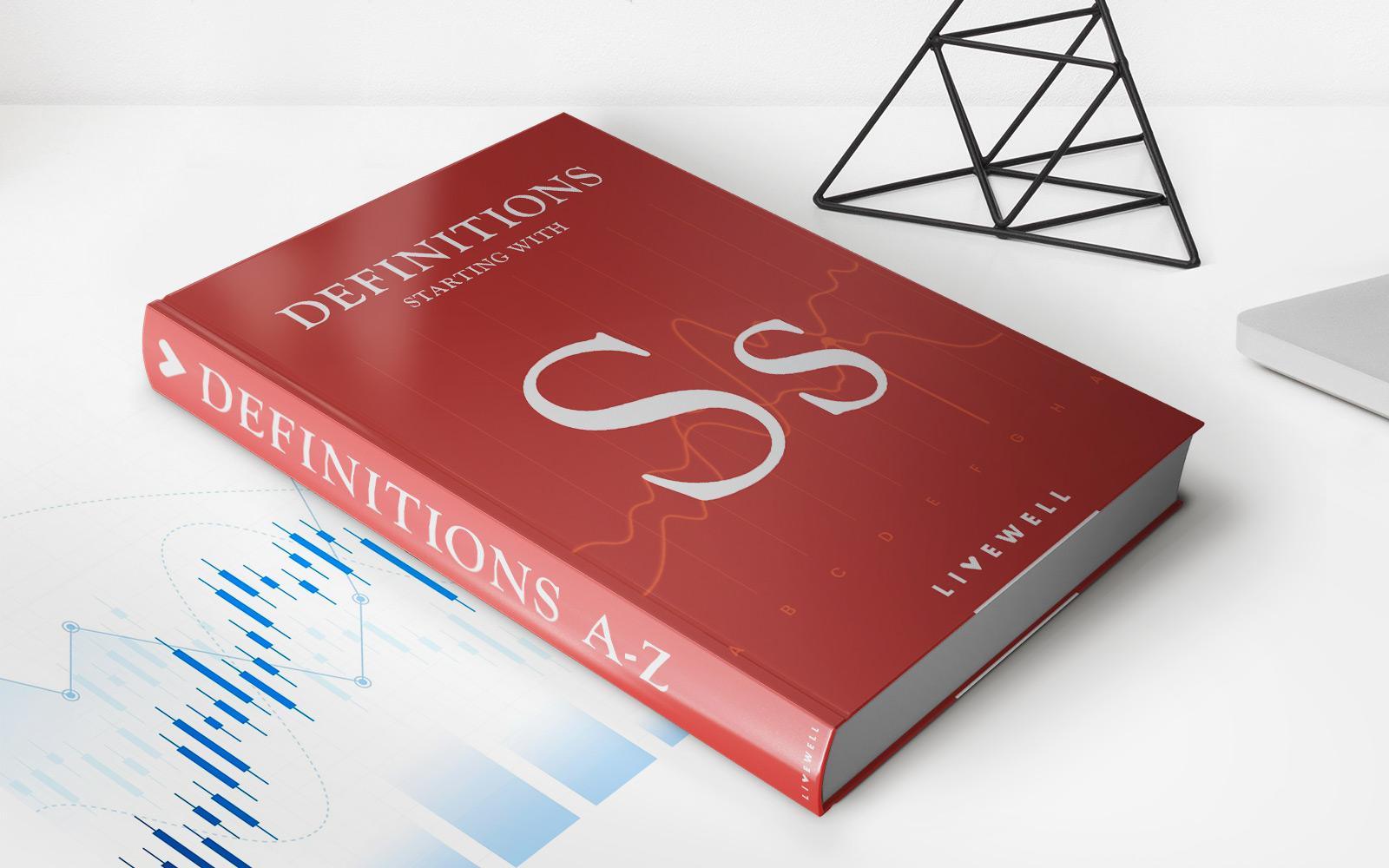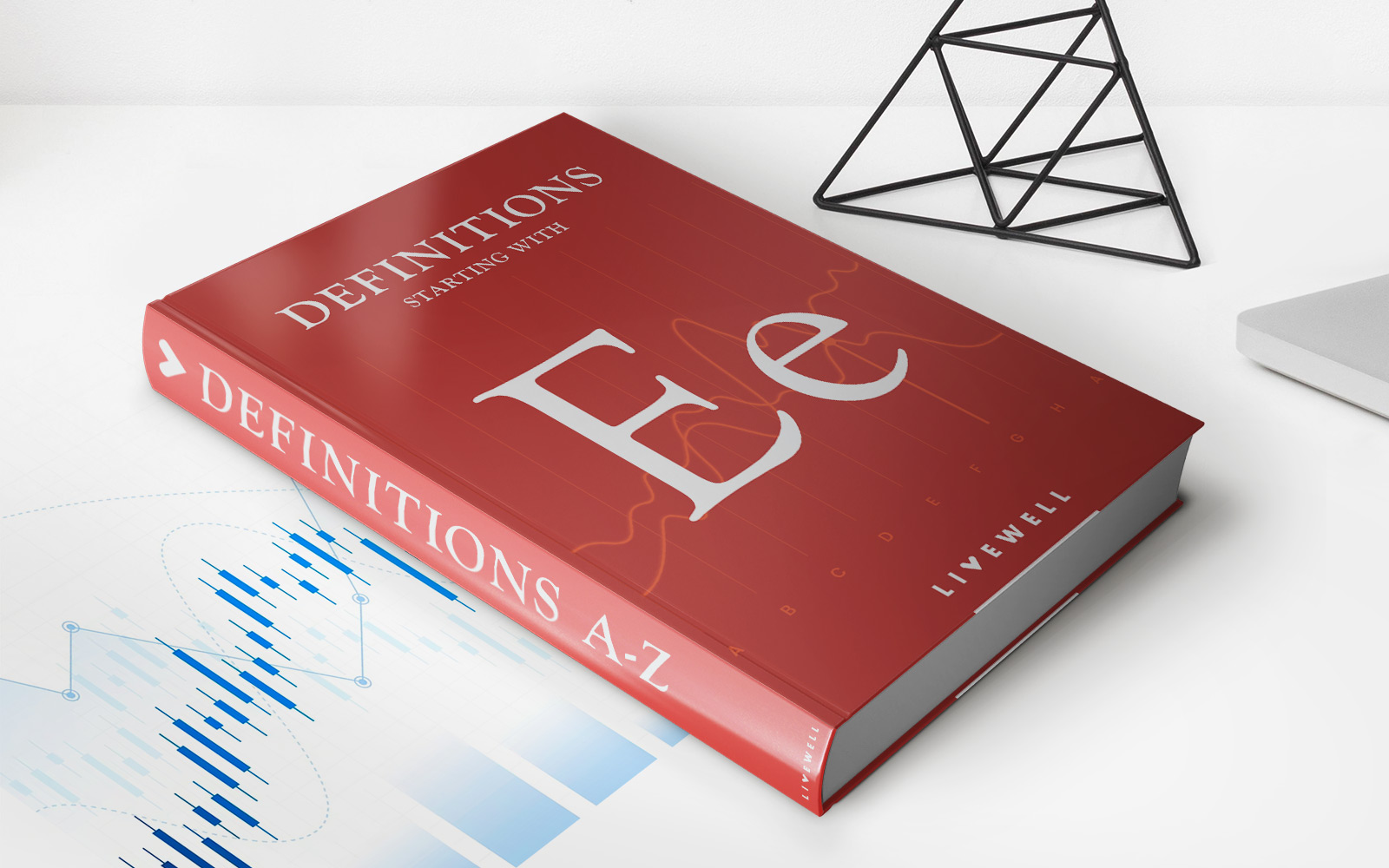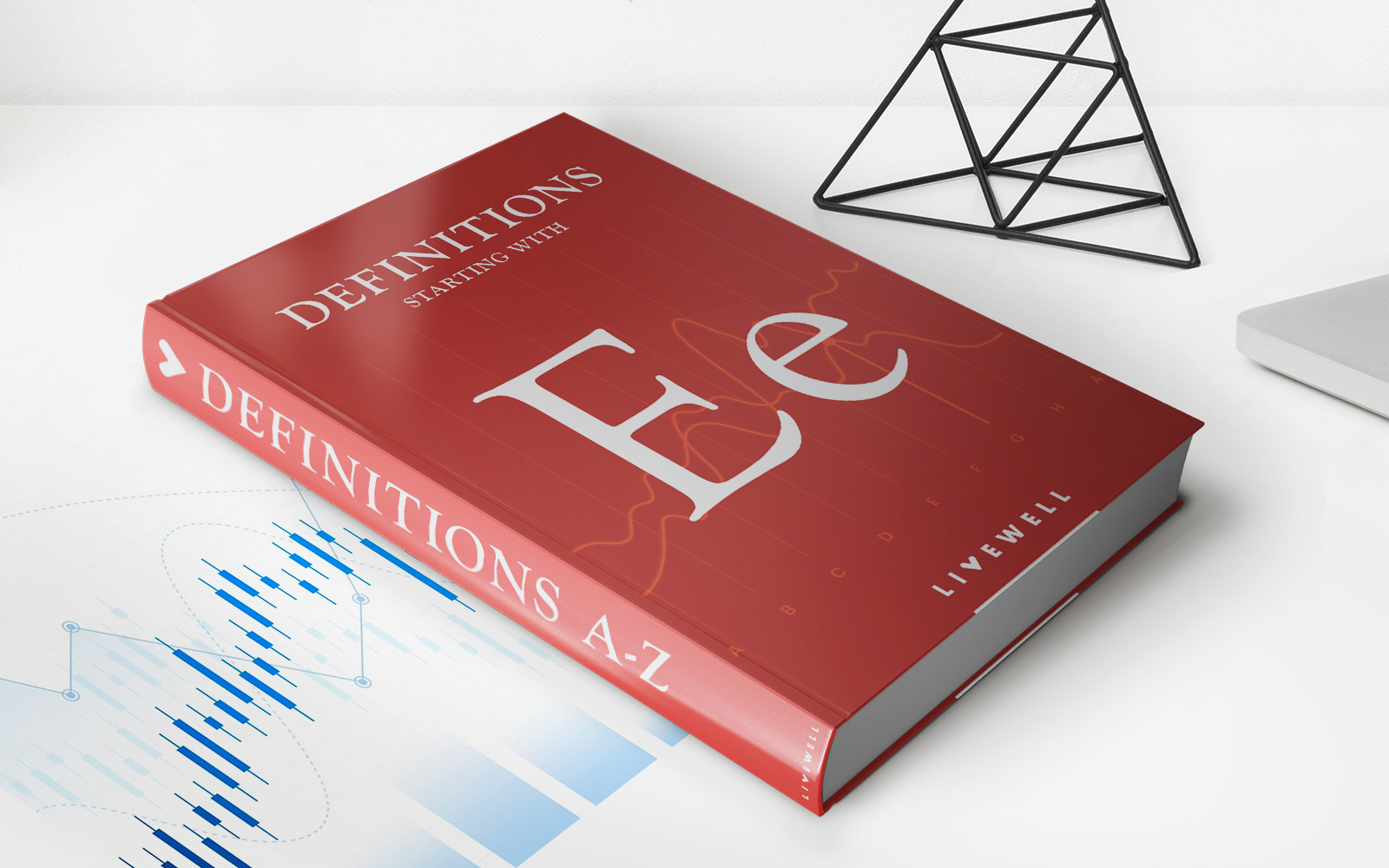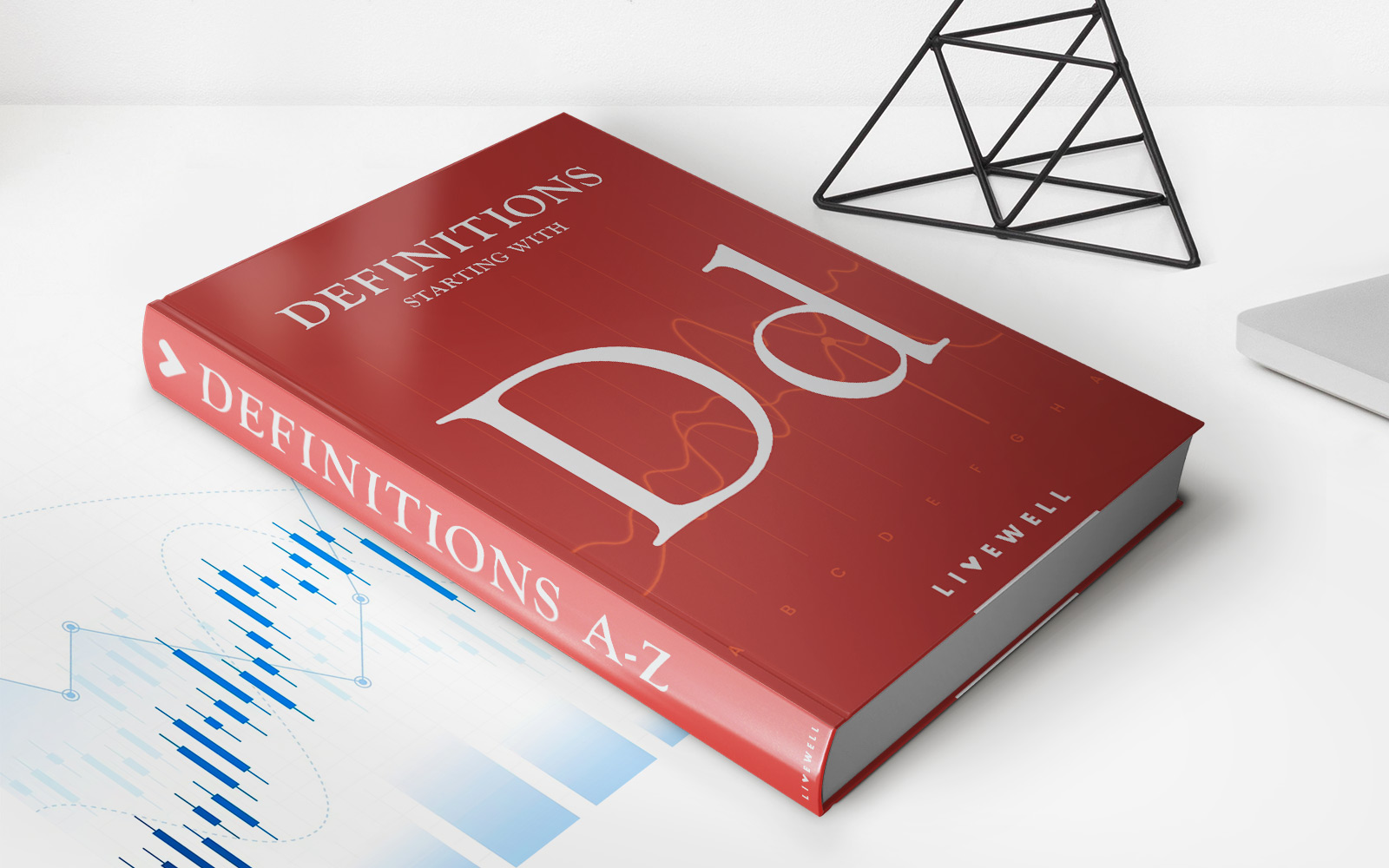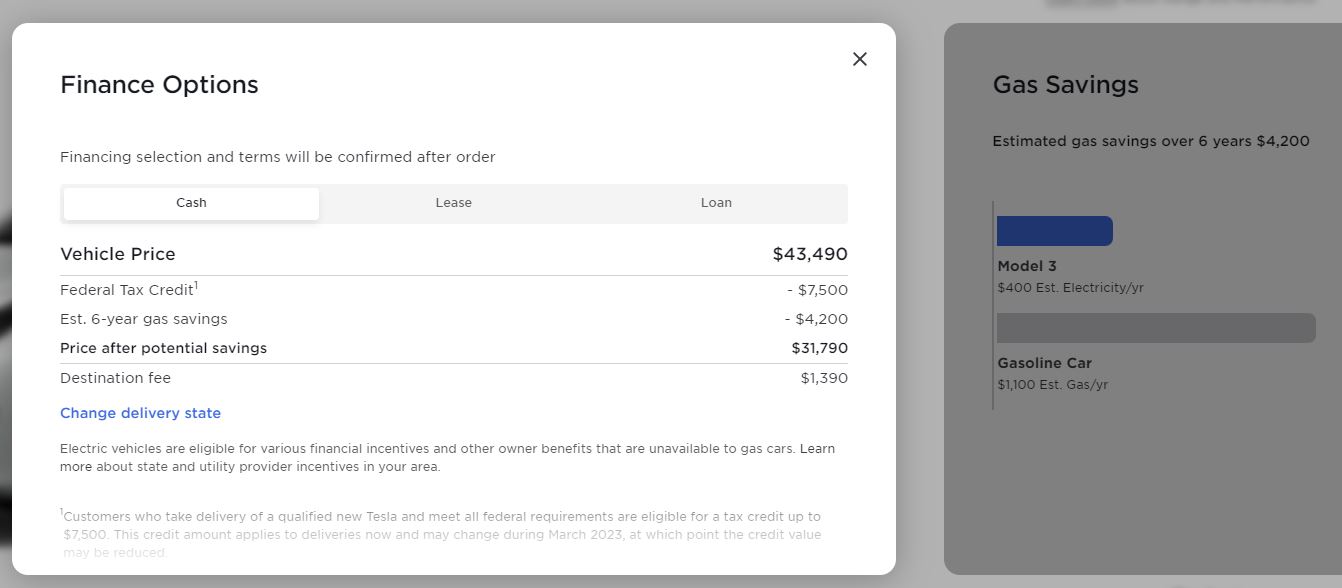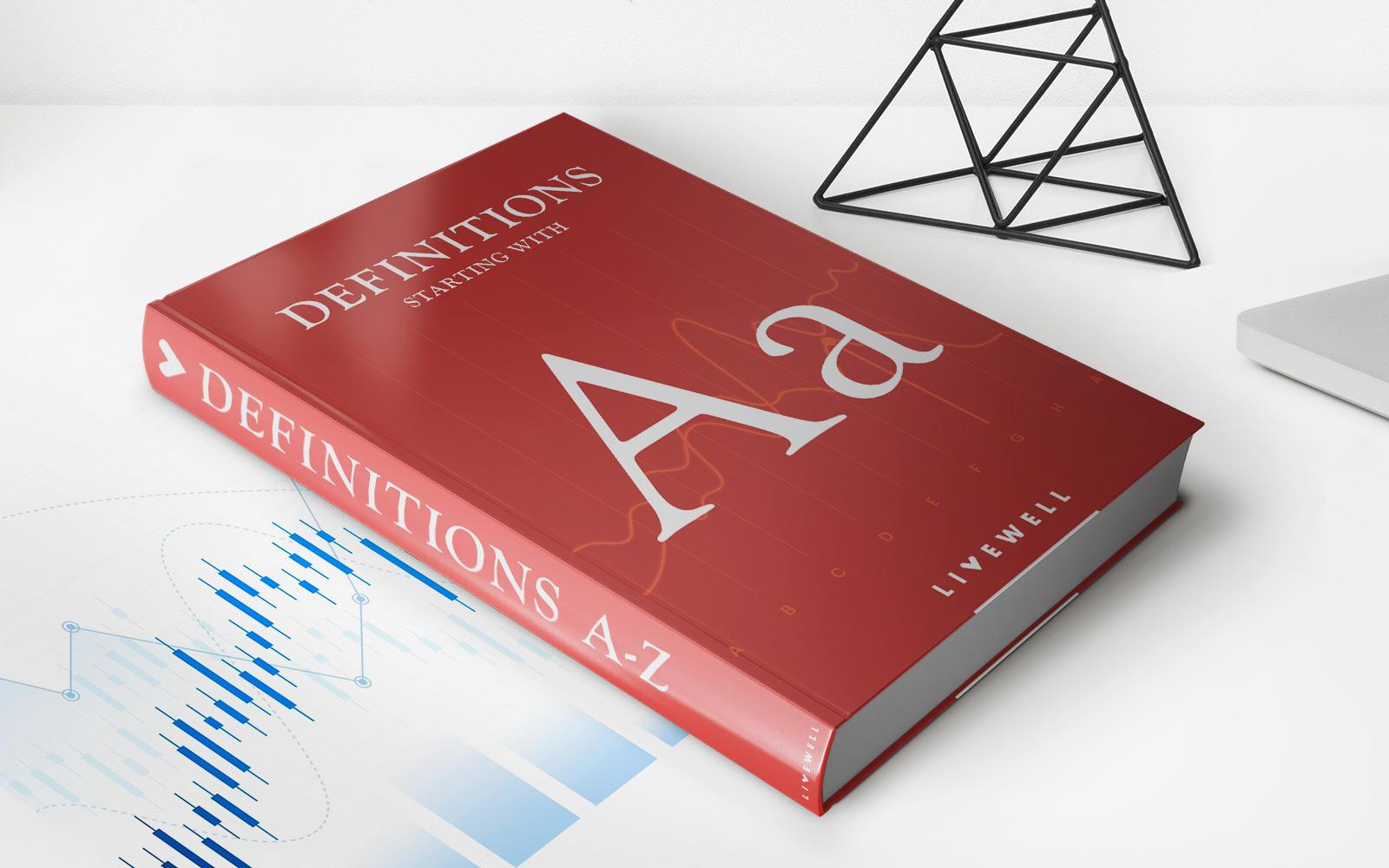Home>Finance>What Is A Developed Economy? Definition, How It Works, HDI Index
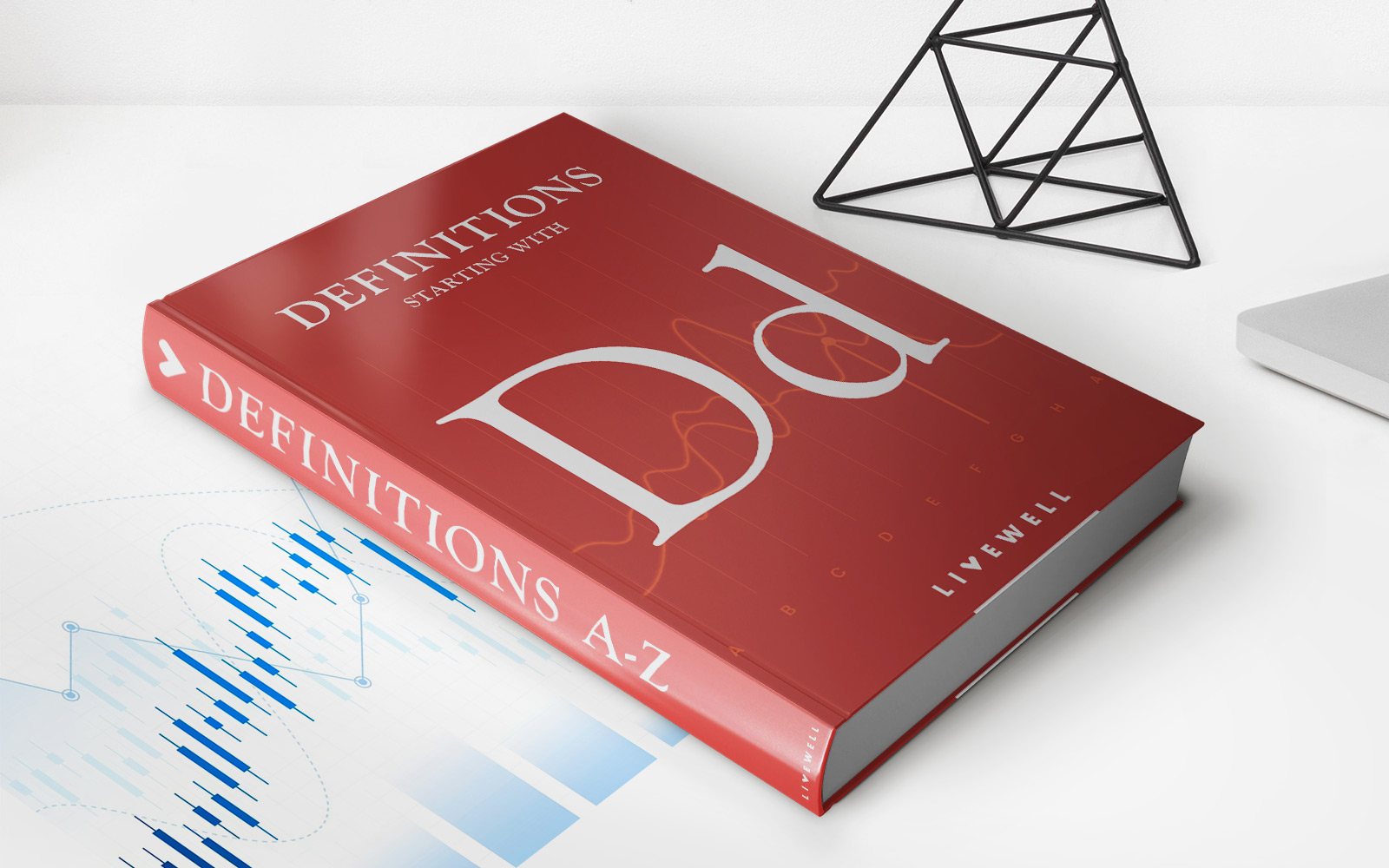

Finance
What Is A Developed Economy? Definition, How It Works, HDI Index
Published: November 11, 2023
Discover the meaning of a developed economy and its workings in the world of finance. Learn about the HDI index and its relevance to economic growth.
(Many of the links in this article redirect to a specific reviewed product. Your purchase of these products through affiliate links helps to generate commission for LiveWell, at no extra cost. Learn more)
What Is a Developed Economy? Definition, How It Works, HDI Index
When it comes to understanding the global economy, it’s essential to have a clear grasp of different economic classifications. One such classification is a developed economy, which refers to a country that has reached a high level of economic growth and sophistication. In this blog post, we will explore the definition of a developed economy, how it works, and the relevance of the Human Development Index (HDI).
Key Takeaways:
- A developed economy is characterized by high levels of economic growth, advanced technological infrastructure, and a well-developed financial system.
- The classification of a developed economy is based on various indicators, including gross domestic product (GDP), industrialization, and the standard of living.
Defining a Developed Economy
A developed economy, also known as an advanced economy or high-income economy, is a country with a high level of prosperity and economic well-being. These countries have typically undergone significant industrialization, possess advanced technological infrastructure and a well-developed financial system. Developed economies are characterized by high levels of per capita income, low poverty rates, and a high standard of living for their populations.
The classification of a developed economy is determined by various indicators. The most widely used indicator is gross domestic product (GDP), which measures the total value of goods and services produced within a country’s borders. Other indicators include industrialization, infrastructure development, healthcare, education, and innovation. Countries that have a high GDP per capita and excel in these areas are typically classified as developed economies.
How Does a Developed Economy Work?
A developed economy operates through a complex system of markets, industries, and institutions that promote economic growth and stability. Here are some key components of how developed economies function:
- Market Economy: In a developed economy, market forces play a significant role in determining the allocation of resources. Supply and demand dynamics, competition, and market efficiency drive economic activities.
- Advanced Technology: Developed economies are known for their advanced technological infrastructure. This includes robust telecommunications systems, widespread access to the internet, state-of-the-art transportation networks, and advanced manufacturing capabilities.
- Financial System: Developed economies have well-developed financial systems that provide access to capital for businesses and individuals. These systems include banks, stock markets, insurance companies, and other financial institutions.
- High Standard of Living: Developed economies prioritize the well-being of their citizens by providing access to quality healthcare, education, infrastructure, and social welfare programs. This emphasis on a high standard of living contributes to the overall prosperity and happiness of the population.
Human Development Index (HDI) and Developed Economies
The Human Development Index (HDI) is a widely used measure that assesses a country’s level of human development. It takes into account factors such as life expectancy, education, and income per capita. The HDI provides a more comprehensive picture of a country’s development beyond just economic indicators like GDP.
In the context of developed economies, the HDI helps to track and compare the progress made in areas such as education, healthcare, and overall well-being. It reflects the human-centric approach of these economies, where the focus is not just on economic growth but also on ensuring a high quality of life for their citizens.
Conclusion
A developed economy is characterized by high levels of economic growth, advanced technological infrastructure, and a well-developed financial system. These countries place a strong emphasis on the well-being of their citizens, providing access to quality healthcare, education, and social welfare programs.
Understanding developed economies is crucial for policymakers, investors, and individuals interested in global economic trends. By recognizing their distinguishing features and the metrics used to measure their progress, we can gain valuable insights into the complex workings of the world’s economies.
So, the next time you hear about a developed economy, remember their focus on the overall well-being of their citizens, their advanced technology, and the extensive financial systems that drive their economic growth.
